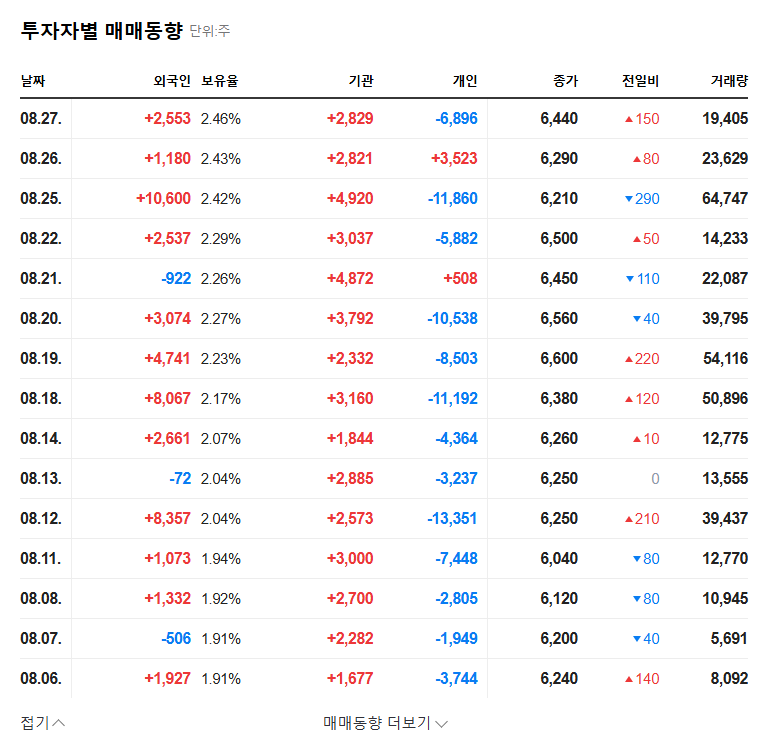The recent DOUZONE BIZON major shareholder change represents a landmark event for investors and the broader tech industry. In a colossal deal valued at over 1.3 trillion Korean Won, Doronicum Inc. is set to acquire a controlling stake in the ERP and cloud solutions giant. This move is not just a financial transaction; it’s a strategic pivot that could redefine the company’s trajectory. This comprehensive DOUZONE BIZON investment analysis will dissect the deal, explore the underlying fundamentals, and provide a clear outlook for current and potential shareholders.
This acquisition, marked by a significant valuation premium, signals immense confidence in DOUZONE BIZON’s future potential in data services, fintech, and AI-driven cloud solutions.
Anatomy of the ₩1.3 Trillion DOUZONE BIZON Deal
On November 6, 2025, DOUZONE BIZON CO.,LTD officially announced a stock transfer agreement that will install Doronicum Inc. as its new major shareholder. The specifics of this transaction, detailed in the Official Disclosure, paint a picture of a high-stakes strategic acquisition.
Key Transaction Details
- •Acquirer: Doronicum Inc.
- •Sellers: Major Shareholder Kim Yong-woo and four other entities.
- •Total Shares: 7,854,357 (6,771,184 common and 1,083,173 preferred).
- •Total Price: ₩1,315,789,080,000 KRW.
- •Price Per Share: ₩120,000 KRW.
This transaction price of ₩120,000 per share represents a substantial premium over the current market price, suggesting that Doronicum Inc. sees profound, unlocked value in DOUZONE BIZON’s assets and market position. This Doronicum Inc. acquisition effectively transfers control of nearly half the company’s market capitalization, heralding a new era of governance and strategic direction.
Why Now? Fundamentals and Future Ambitions
The timing of this DOUZONE BIZON major shareholder change is critical. The company has successfully navigated the shift from legacy software to a modern cloud and Software-as-a-Service (SaaS) model, establishing a stable revenue foundation. However, its recent moves show a hunger for aggressive expansion into high-growth sectors.
Strengths and Strategic Initiatives
DOUZONE BIZON has been laying the groundwork for its next growth phase:
- •Diversification: Entry into the MyData business and a significant stake in Jeju Bank signal a clear push into data-driven finance and fintech.
- •Technology Integration: Deepening its commitment to AI, cloud, and SaaS markets to build a comprehensive digital ecosystem.
- •Financial Stability: A solid AA- credit rating provides a strong foundation for future investment and expansion.
Potential Risks and Headwinds
Despite the optimism, investors must remain vigilant of potential challenges. The high initial investment in these new ventures carries profitability risks. A noted revenue decline in the first half of 2025 and macroeconomic pressures like interest rate hikes and currency volatility could impact short-term performance and investor sentiment around DOUZONE BIZON stock.
Investment Outlook: Navigating the Transition
The market’s reaction to the Doronicum Inc. acquisition will hinge on the clarity and execution of the new leadership’s vision. Major corporate restructurings, especially in the tech sector, often lead to short-term volatility as the market digests the news, a trend seen in many M&A deals analyzed by financial experts. In the long run, success will depend on achieving tangible synergies.
For those holding or considering DOUZONE BIZON stock, a ‘Neutral’ stance is prudent for now. The long-term growth potential is immense, but the short-term path may be uncertain. For a deeper understanding of valuation in this sector, you can review our guide on how to analyze tech stocks.
Key Checkpoints for Investors to Monitor
- •Doronicum’s Strategic Plan: Watch for detailed announcements regarding their business strategy and how it will integrate with DOUZONE BIZON’s existing operations.
- •Post-Acquisition Performance: The first few quarterly earnings reports under new leadership will be crucial indicators of management’s effectiveness and commitment to innovation.
- •Revenue Trends: A reversal of the recent revenue decline and tangible results from new ventures like MyData and fintech are essential for restoring market confidence.
Frequently Asked Questions (FAQ)
Who is the new major shareholder of DOUZONE BIZON?
The new major shareholder of DOUZONE BIZON is set to be Doronicum Inc. following the completion of the stock transfer agreement.
What is the scale of this major shareholder change transaction?
The total transaction is valued at approximately 1.316 trillion KRW, based on the sale of over 7.85 million shares at a price of 120,000 KRW per share.
What does the ₩120,000 per share price imply?
This price represents a significant premium over the current market value, indicating a very high valuation of the company’s future growth potential by the acquirer, Doronicum Inc.
How might this acquisition affect DOUZONE BIZON’s business?
The impact will depend on the synergy between the two companies. A positive outcome would involve leveraging new technology, expanding into overseas markets, and accelerating growth. Potential negatives include conflicts in vision, integration challenges, or increased financial burden from the acquisition.
Ultimately, the DOUZONE BIZON major shareholder change is a pivotal moment. While uncertainty brings risk, it also brings the potential for transformative growth. Careful monitoring of the key checkpoints will be essential for any investor navigating this evolving landscape.







